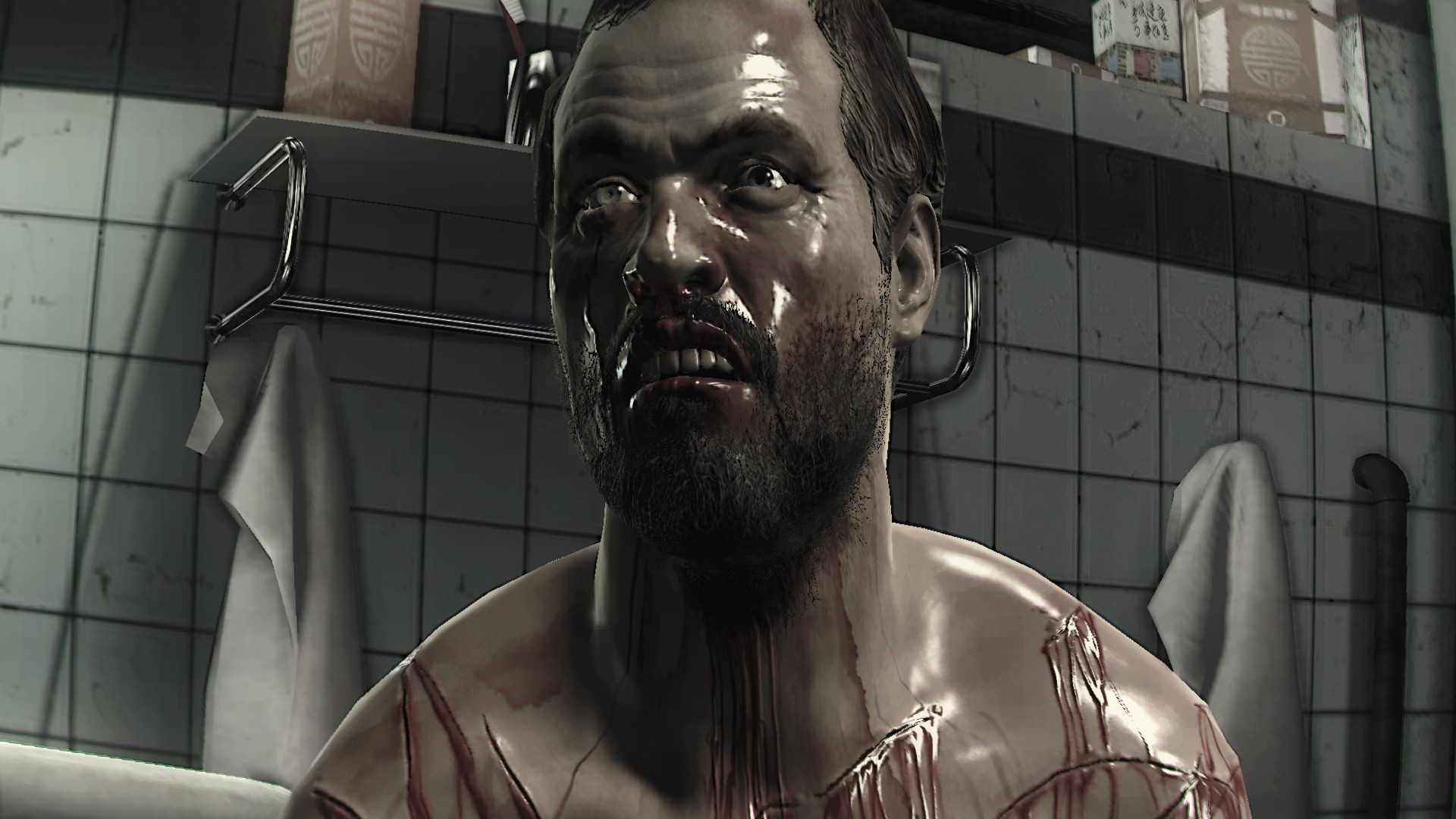
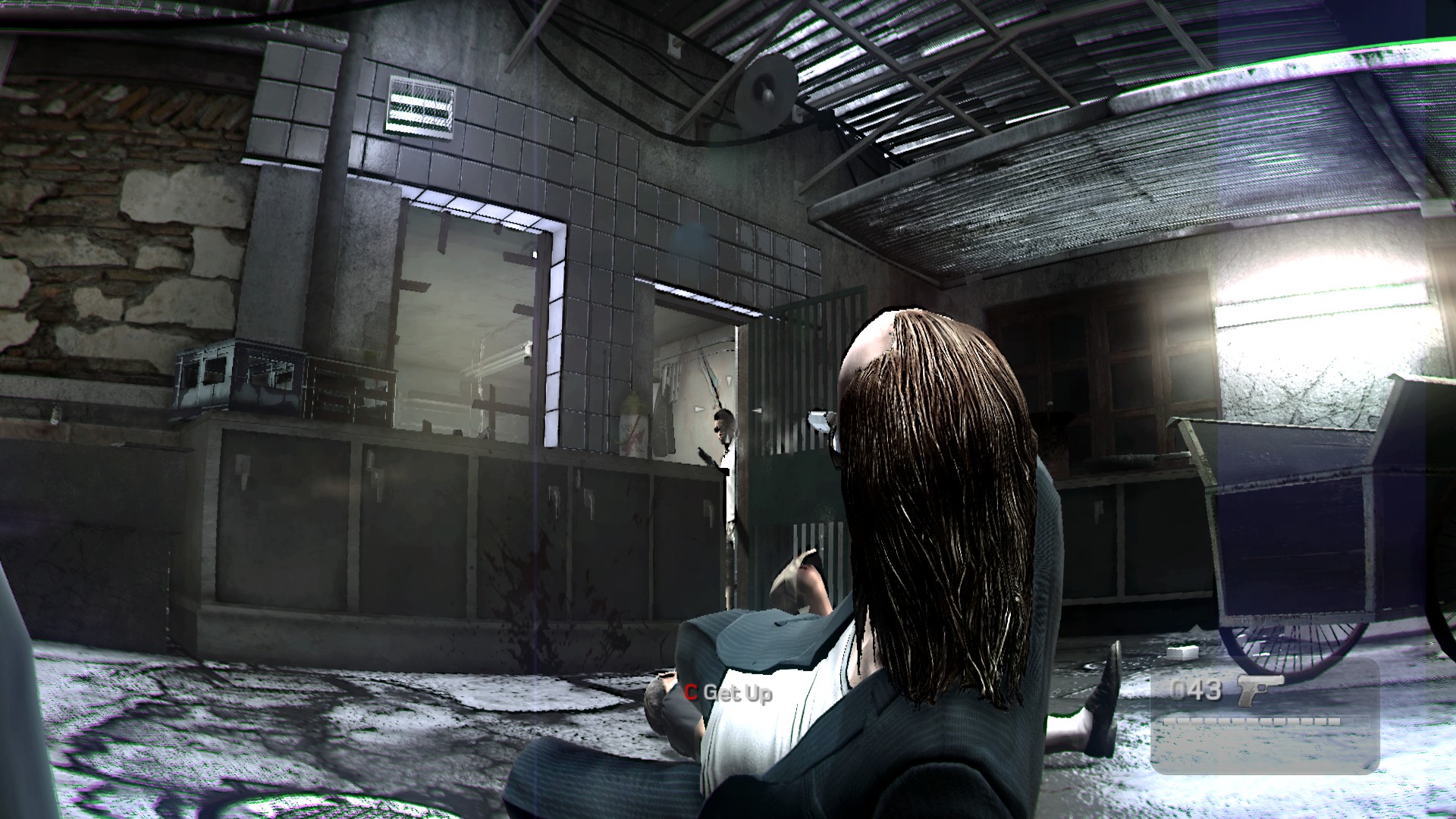
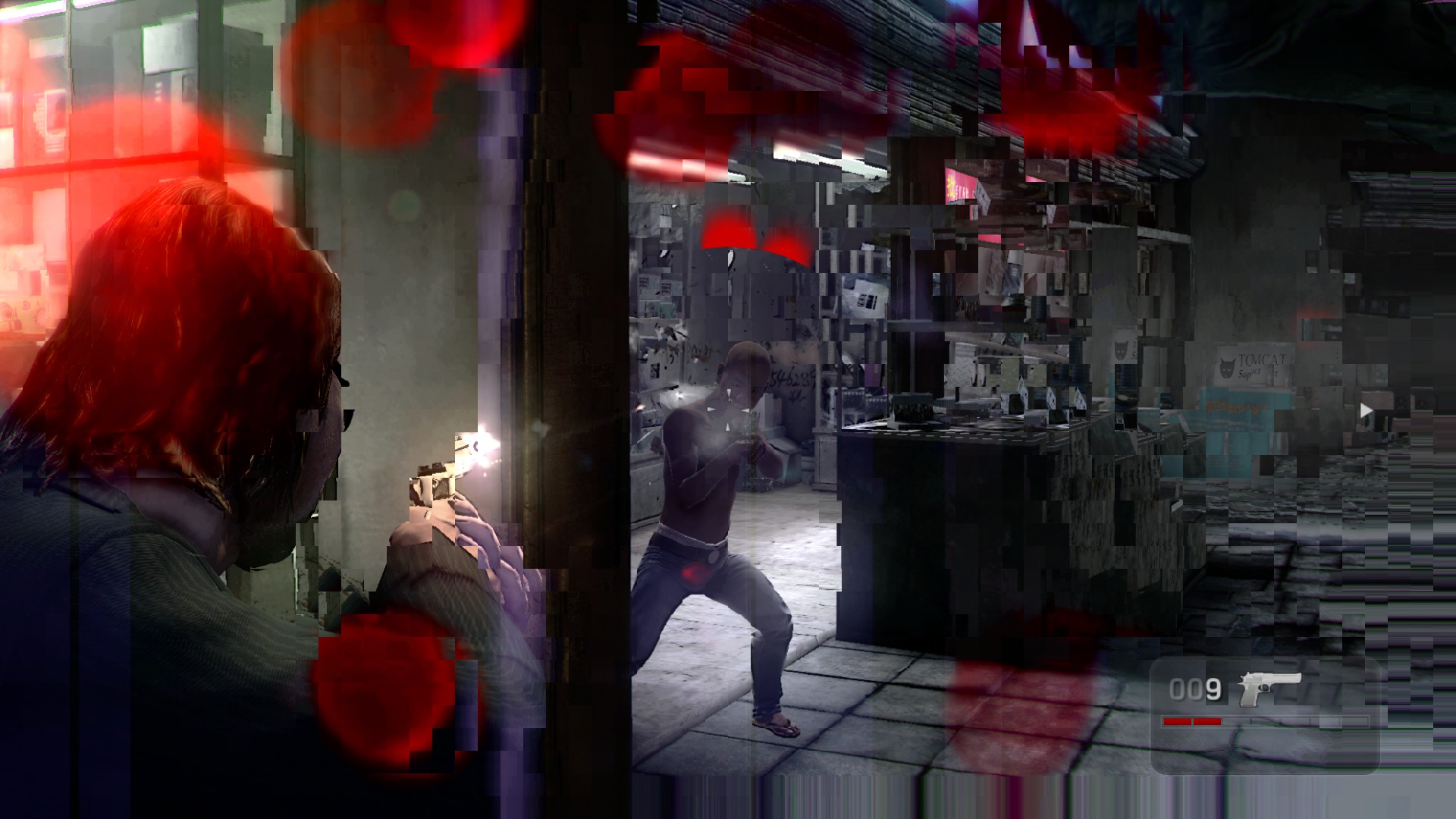
The position of Kane & Lynch 2: Dog Days on here is less about it being fun and more about what point in history this game occupies. This was towards the era in which Liveleak and 'torture porn' were common all over the American cultural diet, owing a lot to the impact of the Great Recession, and it was also around the turn of the decade that conversations about video game violence started to be addressed by video games themselves. Kane & Lynch 2: Dog Days is a miserable blood-splattered nightmare both in theme and execution, but it is an incredible achievement in the regards that few games had ever captured the nihilistic nature of this level of bloodshed before or since. You play Kane and Lynch - technically, you play an unnamed character who creeps around the two with a digital camera for reasons left up to the player - who bumble a gun running deal in an act of violence that rapidly escalated into a gang war in Shanghai. There is no honor, no sympathy, and no diplomatic recourse but to continue a monotonous stream of violence where civilians run screaming from the gunfire and any dopamine you could get from winning a shootout is absent. There is also a multiplayer mode that is a little less heavy but has a delightfully sinister take on the style of heist gameplay loop that would later be codified by Payday: The Heist a year later, in which friendly fire is fully on and it becomes a metagame of finding out who among you is a Fed, or maybe who decides you're just a hinderance.
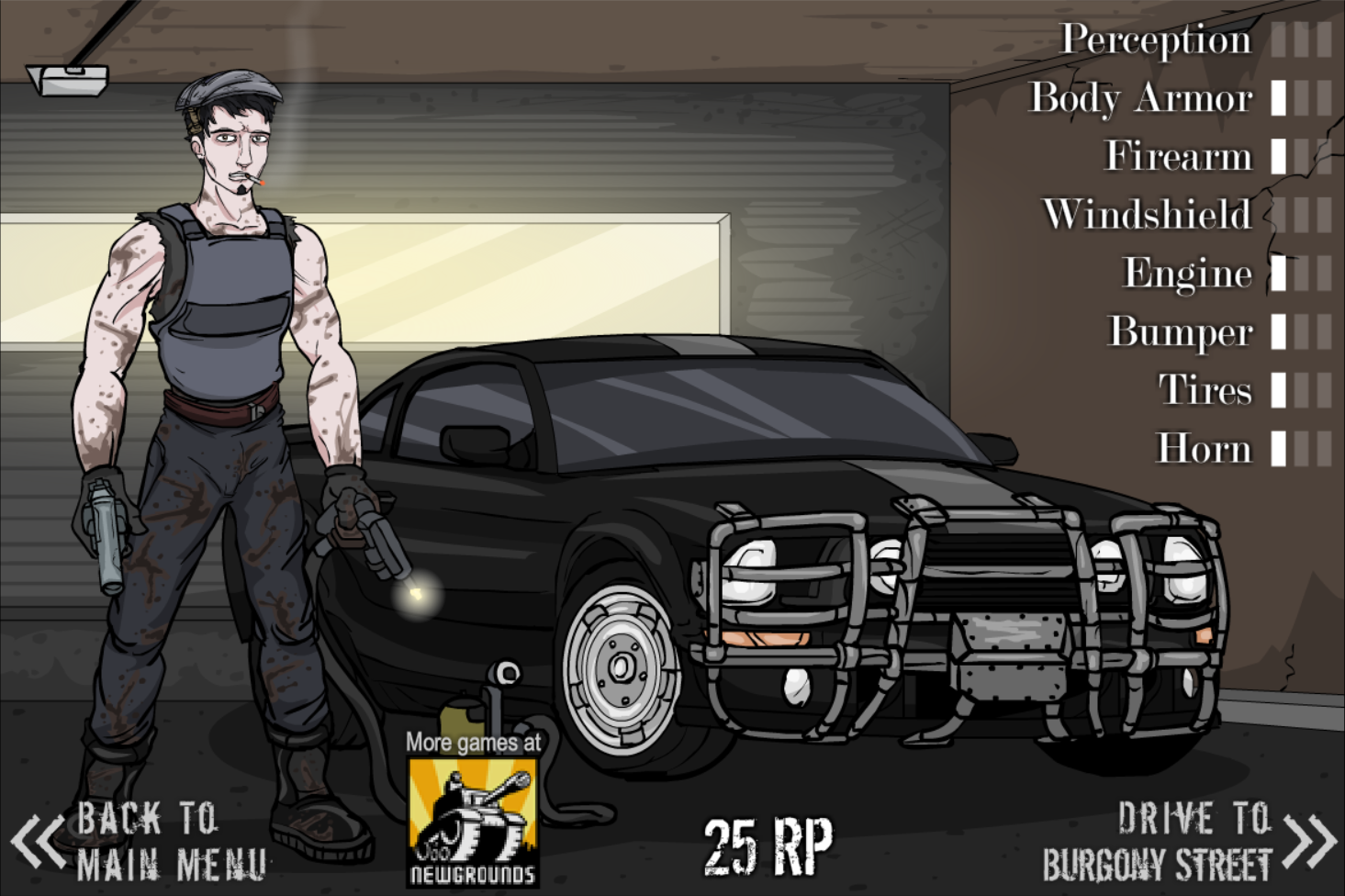
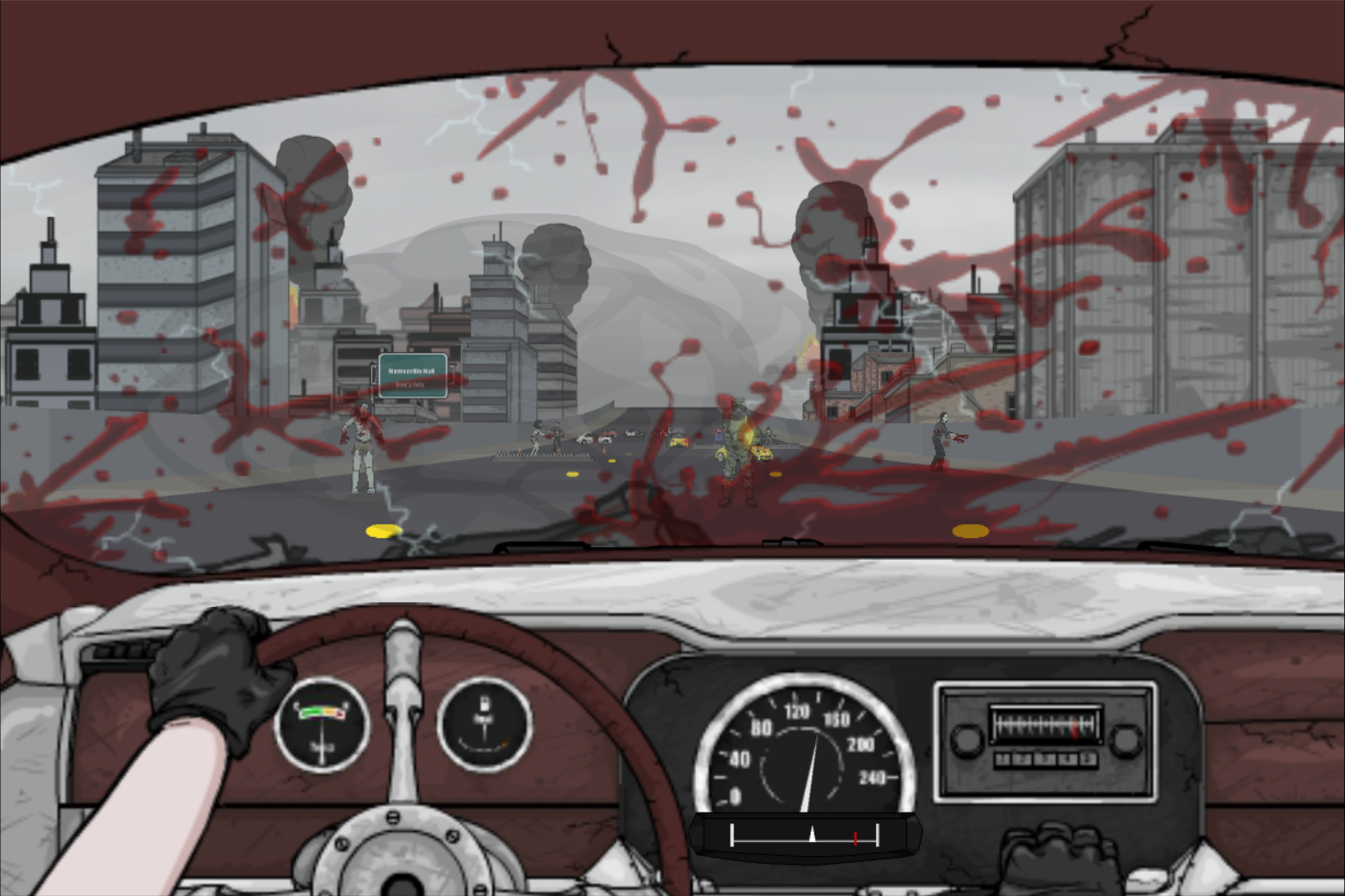
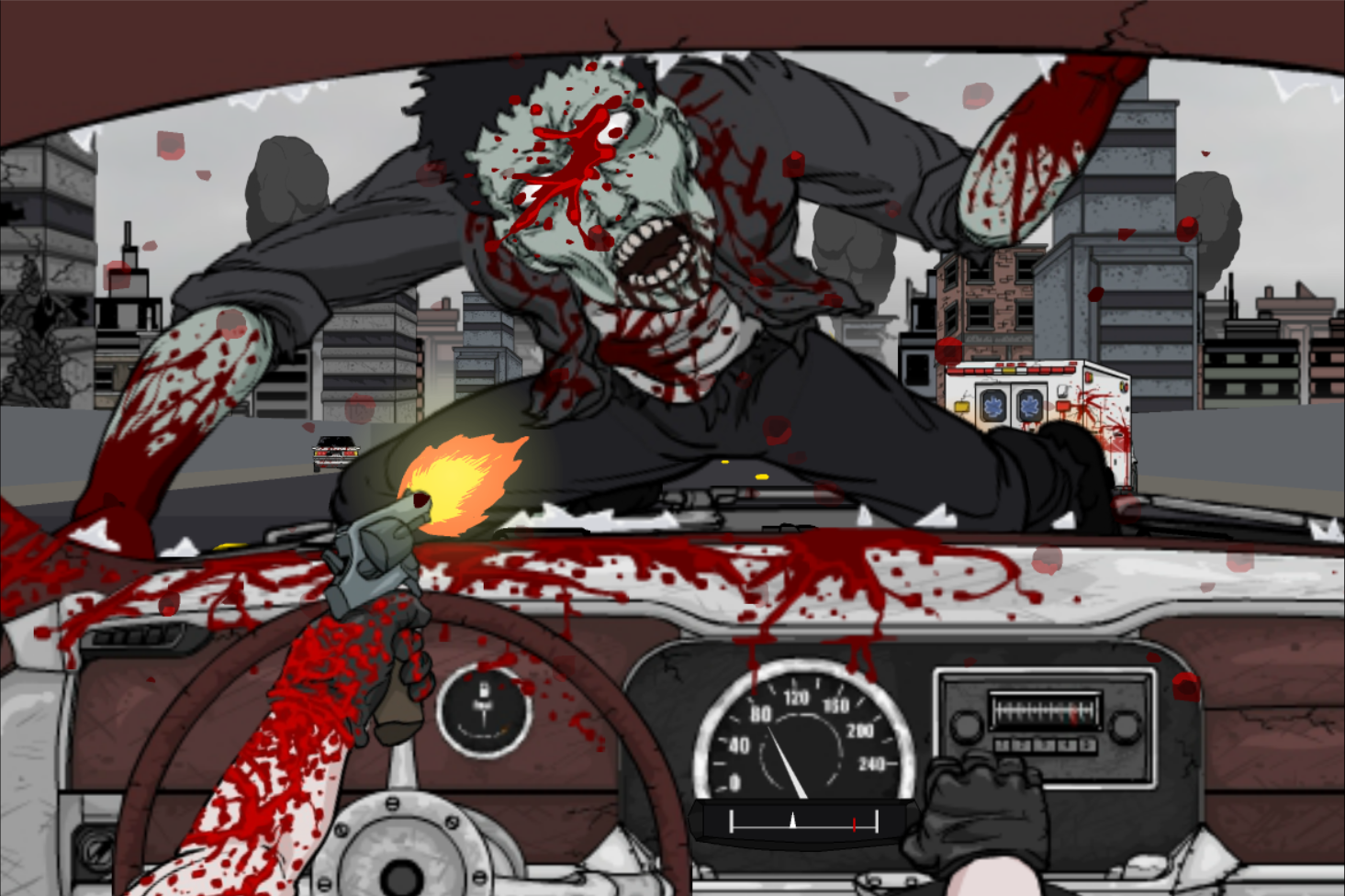
2010 proved to be a banner year for Evil Dog Games and Marco Arsenault with six major Flash games, and Road of the Dead is easily one of the best of this period. You are local mechanic John Creasman from Evans City, who tunes into an insecure command line on his car stereo in time to hear the beginning of the zombie apocalypse. His solution? Haul ass down Hwy 65 and through the tunnel out of the city, mowing down anything and anyone in his way. The production quality of this game, especially for a Flash game from 2010, is off the charts - the voice acting in particular elevates this game to a whole other level. Military chatter from your car radio paints a grim picture of a scattered and incresingly desperate military who are committing untold atrocities to prevent the zombie outbreak from reaching outside the city. The gameplay loop is one in which you're ducking and weaving in and out of destroyed cars and spike strips, and are awarded points arcade-style for killing zombies and infantry to improve your run. Many QOL additions you don't always see in games like this, like local auto-saves, put this particular Flash game in a class all its own!
Direct Site | Steam | Nintendo e-Shop (Paid Version)
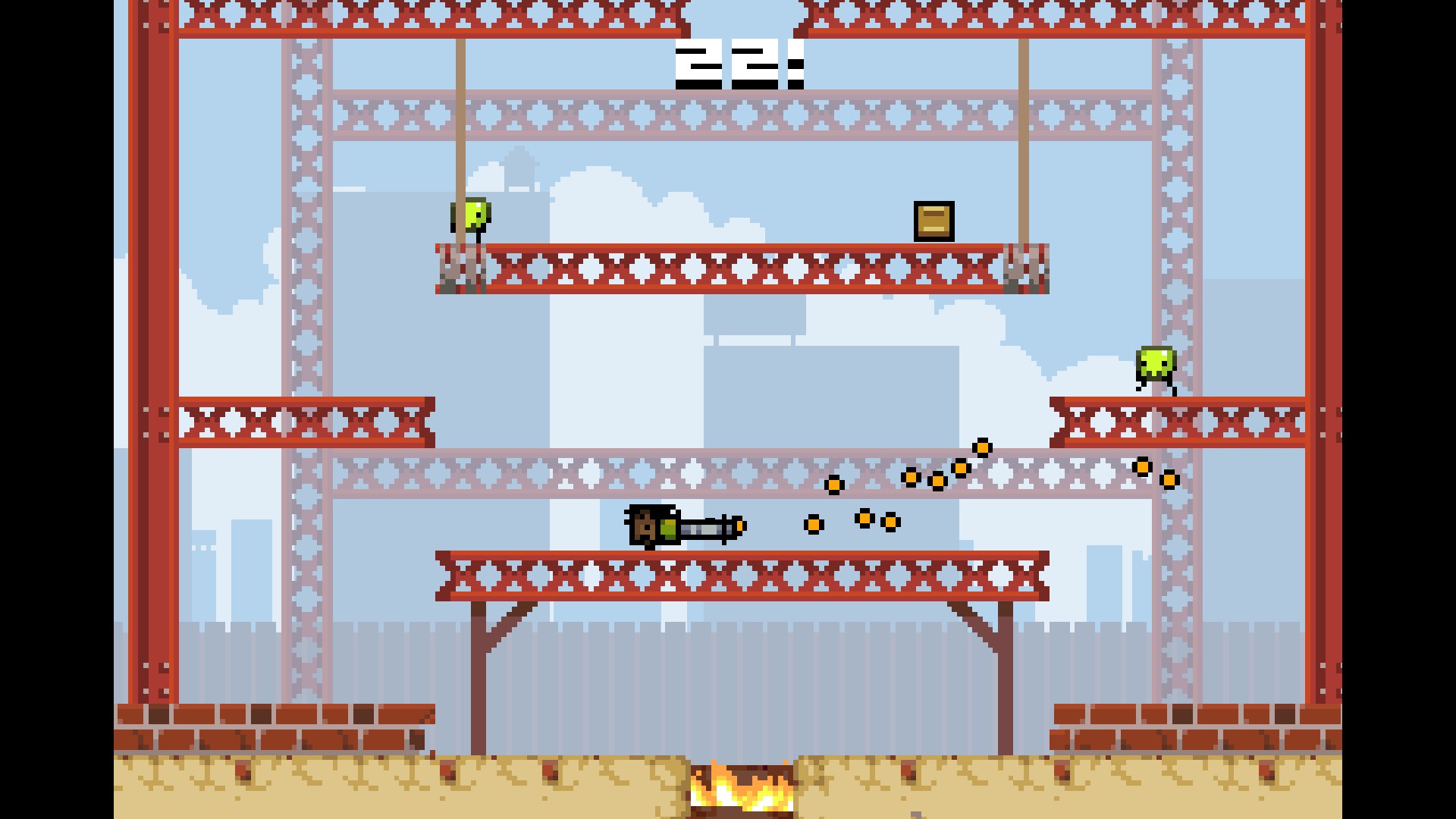
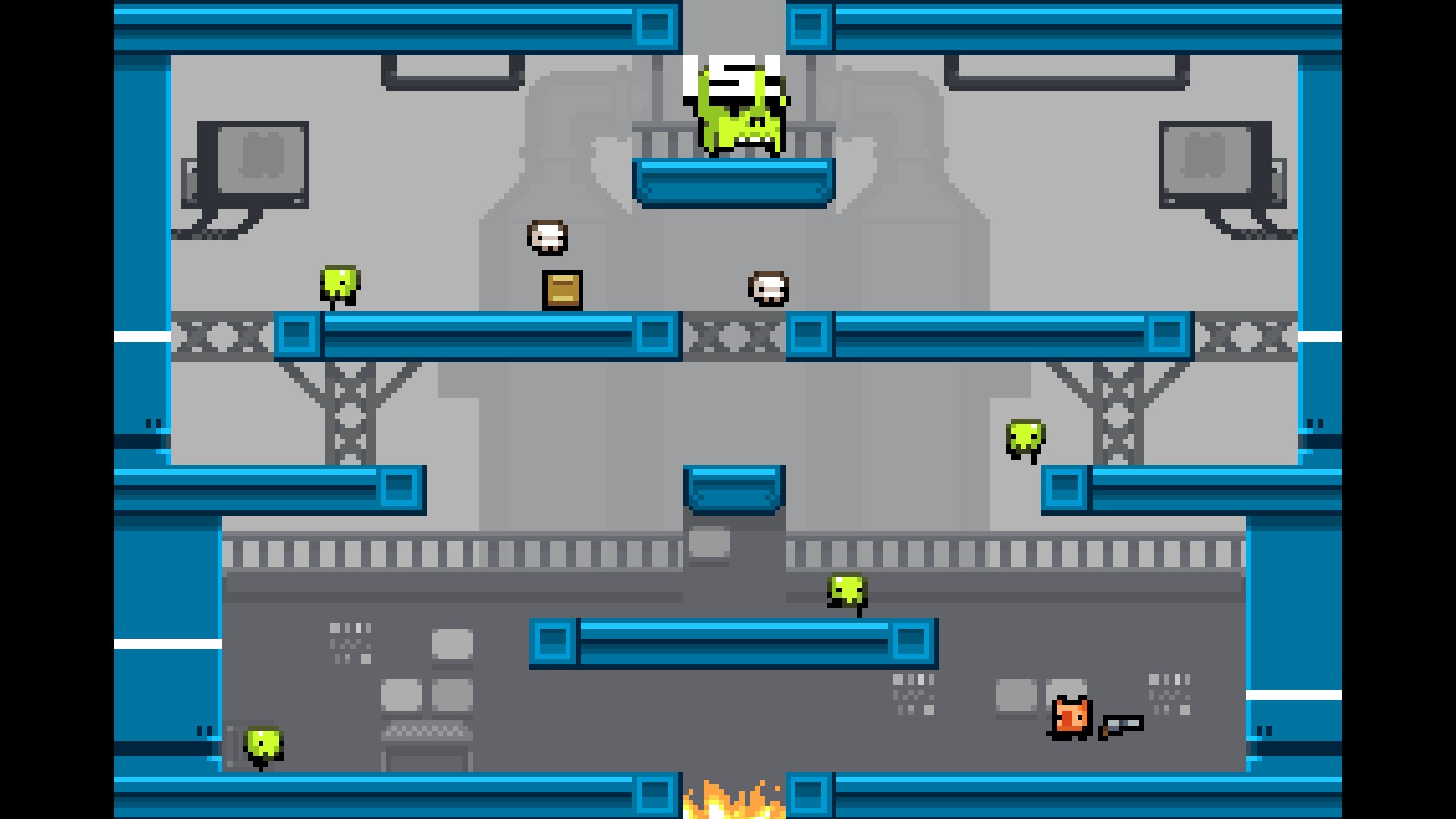
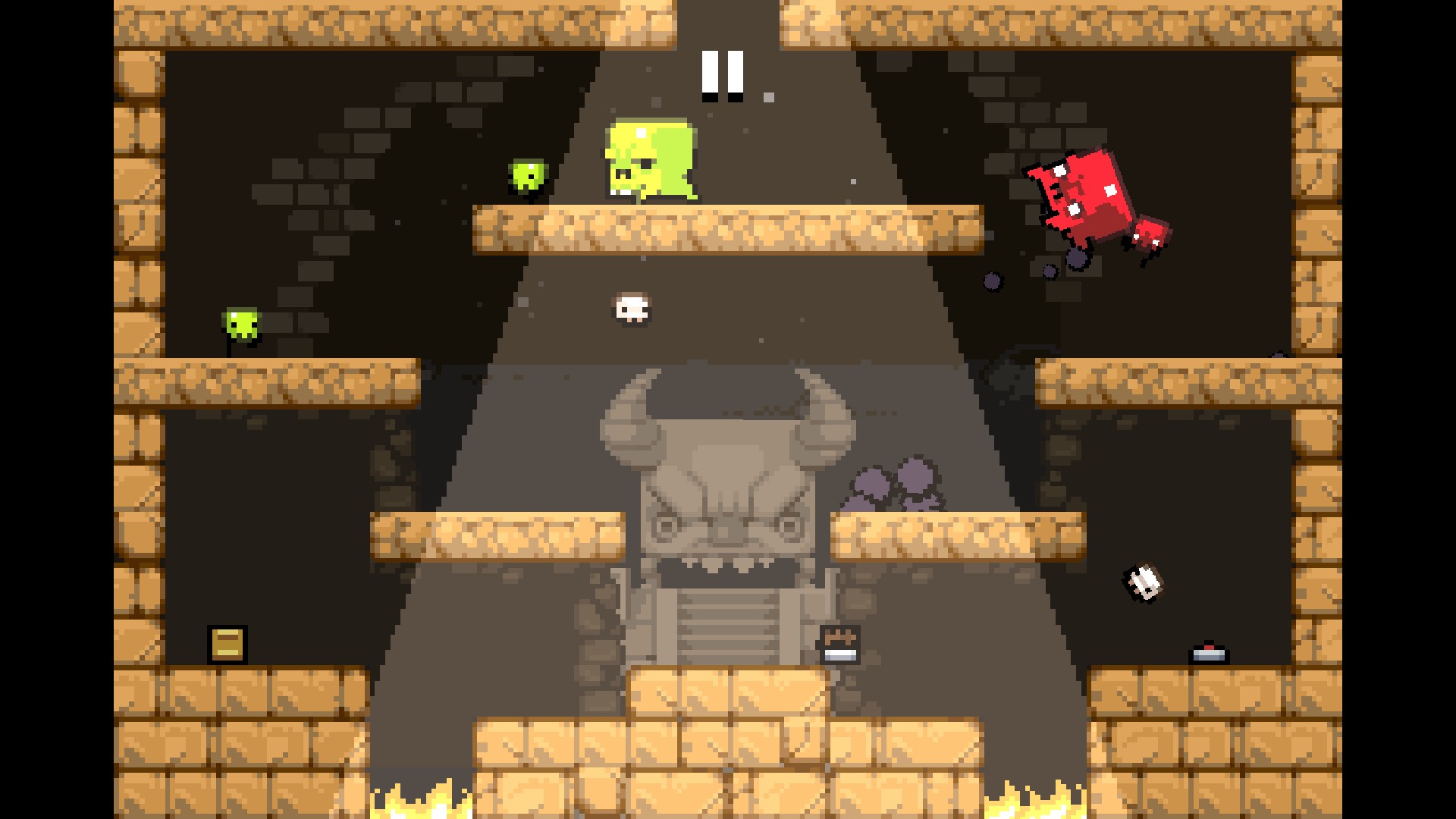
I have a confession to make - despite having a lot of opinions about video games, I'm not terribly good at them. Nowhere is this more evident than when it comes to a tightly made arcade title. Super Crate Box is the first game from Vlambeer, who would go on to make Nuclear Throne and Luftrausers! SCB is a very simple concept, where you avoid aliens moving in a set path and slaughter your way through their ranks. The challenge comes from the scoring system, where the game doesn't care how many aliens you kill - it's all about the crates! Each crate opened is another point, and replaces your current weapon. The weapons run the gamut from the powerful minigun to the potentially run-ending disc gun, and everything in between! The arenas themselves are built and behave like the ones from Mario Bros, with the aliens moving in a set pattern (mostly) and going faster if they hit the bottom of the arena. This means your goal is to get to the next crate, and stave off any aliens in your way, with whatever weapon you have on your person. Sometimes you get three crates in a row with no resistance, and sometimes the crate is at the whole other end of the arena with floating skulls everywhere and nothing but mines to work with. Replayability is sky-high with this game, and it's one of my absolute favorites!
"Gonzalo Frasca, the webmaster of ludology.org, declares that it is almost impossible to "find 'serious' computer games," particularly in the case of tragedy. He contends that the binary win-lose logic of games induces players to wield means of any kind in order to win and thus easily corrupts any seriousness implicit in their content. For instance, one mechanism that dilutes the intent of serious computer games is replayability or action-reversibility, which undermines the signification of the linear progression toward death defaulted in conventional tragedy." - Shuen-shing Lee, I Lose, Therefore I Think: A Search for Contemplation amid Wars of Push-Button Glare
This particular title made a lot of people angry when it first released, because true to its name, you only get one chance to play through this game - there's no resetting and no option to view other endings, you get what you get. You play John Pilgrim, a scientist with a loving wife and daughter, who is on the verge of releasing a world-changing new product - you will have less than a week to live with the aftermath. Developed by Dean Moynihan and hearlding an electric career for himself, there's not necessarily a way to describe the gameplay of something you play once. So, forgoing that - I will simply detail what my story in the shoes of Dr. Pilgrim were like:
The release of the product is a smash hit. I don't even remember what it was we were making. All I remember is planning to get some work in because that's what you *do* in games when you know disaster is looming, you put in the work and get ahead of it. But I misclicked - I swear I misclicked - and ended up in the arms of a strange woman for the evening. The sun rises on a deadly pathogen destroying all living cells on Earth, complete wipe, tabula rasa. For the next three or four days, I work non-stop. The cure is closer and closer to being finished but the human race is dropping like flies. I forget when I came home again - did my daughter call me? - but I rushed home and found my wife dead in the bathtub. Slashed wrists. I had neglected everything I was capable of dealing with in a meaningful way. I thought I was saving the world but there I stood, a loser who put his job before his family, and the noble intentions didn't matter because I had nothing to show for them. I take my daughter - I know in my gut that she saw her mother's body but I choose to ignore that - and take her to a park. We sit there under a cherry blossom tree. It's a tender moment, and in my revolting sentimentality I convince myself that this is the best possible outcome. We meet our end.
No one's playthrough will be the same as anyone else's. I don't know that I'd want to have a second chance. The person I was when I first played is a distant figure now, but despite being five minutes in length, this game and the decisions I made have stuck with me after all these years. If that's not worthy of a recommendation, I don't know what is.